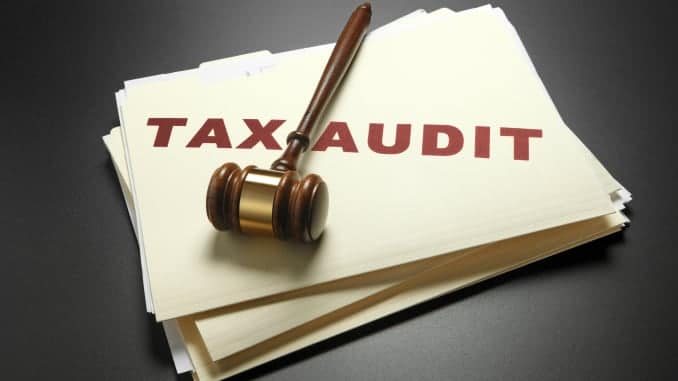
IRS Deadline
In response to the COVID-19 epidemic, the IRS launched a People First Initiative. Among other things, the IRS suspended most collection activity until July 15th, 2020as part of the People First Initiative. Other tax agencies like the California Franchise Tax Board (“FTB”) have implemented similar relief programs for taxpayers. The relief afforded by the IRS has undoubtedly helped vast multitudes of people and businesses with tax problems who were also hit by the COVID-19 pandemic and the economic shutdown accompanying it, but the relief will not last forever.
As things now stand the IRS (and other agencies like the California Franchise Tax Board) are scheduled to awaken from their slumber on July 15th. At that point in time they will resume collection activity which means they will start issuing bank levies, garnishing wages, filing tax liens, and other tax collection activities. Businesses and individuals should get ready to face the Internal Revenue Service. Below are a few helpful hints.
Get ready to prepare a financial statement
Most taxpayers with tax debts enter into some payment arrangement with the Internal Revenue Service that is based on their financial condition. The IRS determines the terms of the payment arrangement by collecting financial information from a taxpayer. This information includes items such as balance sheets showing what you own and what you owe, profit and loss statements, bank statements, and Accounts Receivable reports.
If business or work is slow, use the downtime to get your financial information together. Work on preparing an up to date profit and loss statement for your business. Compile records like bank statements, pay stubs, bills, receipts, and other financial documents. While it is clearly obvious that millions of Americans are suffering right now, the IRS will not take your word that you or your business are experiencing a hardship. It will require proof.
Get your tax returns filed
The Internal Revenue Service will not allow you to enter into a monthly installment agreement if you have not filed all required returns. The IRS will also not consider an Offer in Compromise from a taxpayer that is not current with their filing obligations. Getting your tax return filings current is absolutely crucial for this reason alone.
It is also a good idea to file your 2019 returns now rather than extend them and file them in the fall. If you file your return now and have a balance owed, you can include the 2019 balance into the payment plan. If you go on extension and have a balance, you will default your payment plan and must start over. Having your 2019 return filed also gives you more financial information to establish payment plan terms with the IRS.
Engage the IRS on Your Own Terms
Engaging the IRS on your own terms does not mean putting your head in the sand. In fact, it means the quite opposite. It means being proactive with the IRS (or any other tax agency to whom you may owe back taxes). It means getting yourself where you want to be rather than having the IRS bully you into submission.
We cannot say for certain exactly what will happen at the Internal Revenue Service on and after July 15th. Each case is unique. In some cases, the IRS may not take immediate action on July 15th. However, the IRS is backlogged and may take several weeks or even several months before it works on some cases. The IRS has not indicated it will extend the July 15th moratorium on collections, but it is conceivable such an extension could occur. Nevertheless, someone must occupy the space at the front of the line. And, those who are at the front of the line must be prepared to face the IRS.
If you are having tax issues, be prepared. Meet the IRS on your own terms while you still can. RJS Law has worked with the IRS and all other taxing agencies for more than 15 years. We stand ready to help you proactively move through the maze of preparation, paperwork, and presentation.
Published by Joe Cole

Leave a Reply